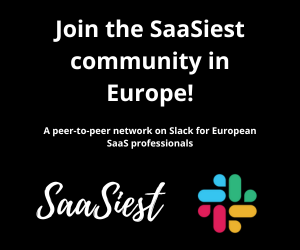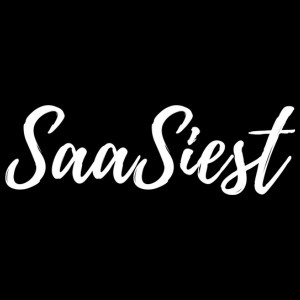Customer success has become one of the most dynamic and debated business functions today. To stay competitive, organizations must align their CS strategies to be both value-driven and revenue-focused. This transformation can help businesses elevate their customer success teams into key drivers of measurable growth.
At Relex Solutions, customer success lies at the heart of its operations, driving growth and ensuring consistent delivery of results. Emma Aidanpää-Salmi, VP Sales EMEA, highlights five critical decisions that leaders should consider when creating a CS strategy that delivers measurable value and fosters sustainable growth.
Customer success at the core
Relex Solutions specializes in optimizing retail operations, reducing costs, and minimizing waste. Its robust CS team plays a pivotal role in the company’s growth. With an annual recurring revenue of $200 million and a remarkable 100% record of referenceable customers, the organization has consistently met its goals.
Since its founding, Relex has raised over $800 million, including a $500 million investment from Blackstone in 2020. Despite economic challenges, the company boasts a retention rate exceeding 97% and has achieved 66 consecutive quarters of growth. These achievements are deeply rooted in its commitment to customer centricity.
Core values driving success
Relex Solutions operates on a foundation of five core values that shape its approach to customer success:
- The customer is a friend: Fair, open, and transparent communication is prioritized.
- The colleague is a friend: Collaboration and mutual respect form the foundation of teamwork.
- We provide measurable value: Delivering quantifiable results from sales through post-implementation is a key focus.
- Stop stupid things: Efficiency and prioritization are critical.
- Life is supposed to be fun: Fostering a positive and engaging work environment is essential.
Among these values, providing measurable value stands out as the cornerstone of Relex’s high customer retention rate. By validating the business cases presented during the sales process, the company ensures that customers see tangible ROI.
Building a strong foundation for customer success
Four years ago, Relex began refining its CS strategy. Key foundational pillars include:
- Value engineering framework: Clearly articulating the value a product brings is vital. Sales and post-sales teams must align to communicate this consistently.
- Commercial training for CSMs: Equipping customer success managers (CSMs) with skills to contribute to financial goals is essential for a growth-focused model.
- Optimized hiring profiles: As the organization scales, hiring individuals with entrepreneurial spirit, resilience, and problem-solving abilities ensures strong leadership within portfolios.
- High-quality customer data: Accurate, end-to-end data management is crucial for identifying opportunities and avoiding inefficiencies.
Five key decisions for a value-driven CS strategy
To transform a CS team into a powerhouse of value and growth, businesses should focus on these five decisions:
- Define CS strategy components early
A clear strategy with measurable metrics, such as retention rates, upsell quotas, and pipeline contributions ensures CS teams demonstrate their impact on business growth. - Differentiate CS from post-sales operations
CS should focus on delivering long-term value and building pipelines, not on operational tasks like implementation or support. Segmenting roles ensures CSMs can concentrate on strategic initiatives. - Choose between account management and CS
Having both roles can confuse customers and dilute focus. A forward-looking CS model prioritizes long-term relationships and value creation over traditional account management. - Align sales and CS through compensation models
Sales and CS should have shared goals, such as delivering measurable business value. Compensation models that reward collaboration foster alignment and mutual accountability. - Identify product value from day one
Establishing a clear value proposition through a value engineering framework is essential for long-term growth, regardless of company maturity.
Key takeaways
Transforming customer success requires strategic focus and a commitment to measurable outcomes:
- Define CS strategy components early and ensure alignment with growth goals.
- Choose between CS and account management to maintain clarity and focus.
- Equip the CS organization with booking quotas and reward results.
- Engage board members and investors early to align on strategy and progress.
By embedding these principles, companies can evolve their customer success functions from reactive support to proactive, revenue-driving teams that deliver measurable value for both customers and businesses.




